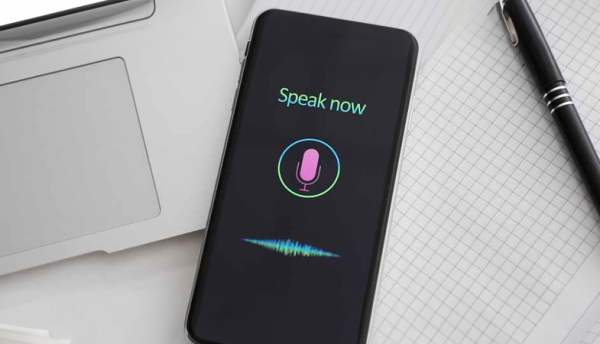A new digital platform significantly improves speech for people with a language disorder. This is according to an NIHR-supported study.
The app, iTalkBetter, has been designed for users with the language disorder, aphasia. It analyses speech in real time and provides feedback for the person using it. It allows them to practise over 200 commonly used words in their own time and without limits.
It has been developed by the Neurotherapeutics Group at University College of London’s Queen Square Institute of Neurology. It was also supported by Wellcome Trust.
Aphasia occurs when a person suffers brain damage. This can lead to speech or language difficulties. The most common causes are stroke, severe head injury and brain tumours.
Symptoms vary widely from person to person. Most people have trouble with their speaking. They may also experience issues with writing, reading and listening.
The study found that using the app over a six-week period for around 90 minutes a day improved users’ ability to name 200 commonly used items by 13%. These gains were maintained 12 weeks after the therapy ended. Spontaneous speech was also found to improve.
Currently, the NHS provides around 12 hours of speech and language therapy for each patient. Further face-to-face therapy is available via some charities or privately.
NIHR Research Professor Alex Leff, Professor of Cognitive Neurology at UCL Institute of Cognitive Neuroscience and UCL Queen Square Institute of Neurology, said: “Most health care systems massively under dose people with aphasia in terms of the hours of speech and language therapy that they are provided with. App delivered therapy is one solution to this problem.
“This is the first randomised controlled trial of an app designed to improve speaking that transfers to a naturalistic speaking task and show an effect on connected speech.”
Click below to share this article

